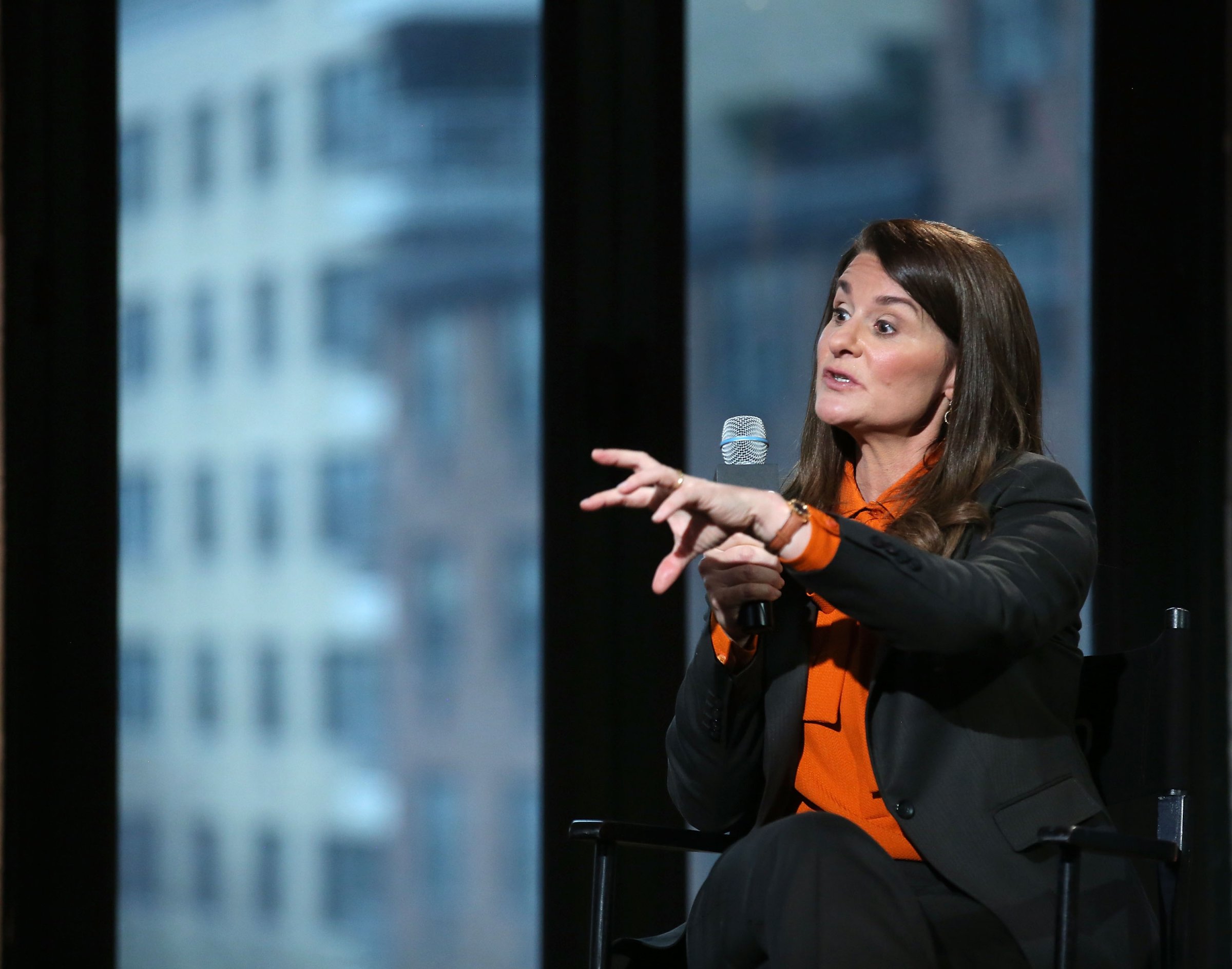
Correction appended, June 3
There are a lot of ways to think about child mortality—most of them not very pretty. You can think of the 6.3 million children every year who never live to see their fifth birthday. You can think of how that breaks down to the loss of 17,260 babies every day, day after day, for 365 days.
But you can also think that those terrible numbers are exactly half of what they were in 1990, meaning that last year, 6.3 million children who would not have seen age five did. Most of that extraordinary progress has been made by controlling, treating or vaccinating against preventable diseases like cholera, measles, pneumonia and malaria. Now, the Bill and Melinda Gates Foundation proposes to slash the child mortality rate in half once more, announcing a plan to invest $776 million over the next six years to advance one of the most primal and important health interventions of all: giving kids enough to eat.
Death by starvation or undernutrition can be hard to track, because while it’s not always the proximate killer, it’s often the accomplice. Expose a well-nourished child and an undernourished child to, say, the measles virus and it’s no mystery which one of them has a better prognosis.
“Estimates are that in about 50% of all of the remaining under-five deaths, nutrition played at least a significant role,” said Melinda Gates in a conversation with TIME.
The Foundation aims to change that in a lot of ways—little of which will involve the old bags-of-rice-offloaded-at-the-airport model. Emergency supplies can fill gaps in times of natural disasters, but they are, as Gates calls them, downstream strategies—sustainable only as long as the supplies keep flowing from generous benefactors. Upstream strategies involve putting systems in place so that generous benefactors are eventually not needed.
Part of the new strategy will involve providing seeds and the know-how for planting and harvesting such bulked-up crops as golden rice, the super banana and the fortified sweet potato. These and other GMO foods have caused all manner of controversy in the developed world, but people like the Gates focus on the increased vitamin A in such crops, which builds skin, teeth, bones and soft tissue and has anti-oxidant properties.
Instruction will also be given in no-till agriculture and drip-irrigation, which conserve both water and soil. Research stations will be opened in targeted areas to increase public awareness of both the existence of the crops and the best ways to raise them. And a special effort will be made to put this knowledge at the disposal of the family member who is likeliest to make the best use of it: the mother.
“Fifty percent of all farmers in Africa are women,” says Gates. “And research shows that every extra dollar a woman gets is 90% likelier to be put back into the family than a dollar a man gets. We want to put women at the center of this.” Expanding wireless access is another key part of the program, allowing farmers—men or women—to have ready access to commodity prices, so they can sell their crops at the top of the market.
Women are central in other ways too. Good nutrition starts before a baby is born, and most health experts believe it is the first 1,000 days—from conception through age two—that make the greatest difference in long-term physical and intellectual development. That means educating young women and adolescent girls about proper diet before they get pregnant, and encouraging breastfeeding after birth.
The Foundation will also be pressing to get government and religious leaders to climb on board—or at least get out of the way. “We need governments to impose the regulations needed to get the most out of nutrition programs,” says Gates. “We can do that by showing them the evidence. Brazil, for example, has gotten its malnutrition rate down by 80%. So we show that data and say, ‘Now it’s up to you to decide.'”
And while Taliban extremists have tried to block polio vaccination efforts in Pakistan, that kind of deadly obstructionism is hardly true of all parts of the Muslim world. “Nigeria has a high Muslim population and they have said ‘We will help you,'” Gates says,—and not just in matters directly related to food. “The Koran allows for family planning and we can get that message out.”
For now, the Foundation’s funds will be concentrated in five critical spots: India, Ethiopia, Nigeria, Bangladesh and Burkina Faso. That money will be supplemented by even more. The Gateses’ grant frees up $180 million in partial matching funds from the U.K.’s Department for International Development. The European Union, meanwhile, has pledged a whopping €3.5 billion by 2020 to battle child malnutrition.
That’s a big number—but it comes from a bloc of 28 nations. The Gates grant comes from a couple with a foundation and a mission. If that mission includes saving 17,260 babies every 24 hours, well, that’s a pretty fair day’s work.
Correction: The original version of this story misstated the amount of money the Bill and Melinda Gates Foundation is investing. It is $776 million.
More Must-Reads from TIME
- Donald Trump Is TIME's 2024 Person of the Year
- Why We Chose Trump as Person of the Year
- Is Intermittent Fasting Good or Bad for You?
- The 100 Must-Read Books of 2024
- The 20 Best Christmas TV Episodes
- Column: If Optimism Feels Ridiculous Now, Try Hope
- The Future of Climate Action Is Trade Policy
- Merle Bombardieri Is Helping People Make the Baby Decision
Write to Jeffrey Kluger at jeffrey.kluger@time.com